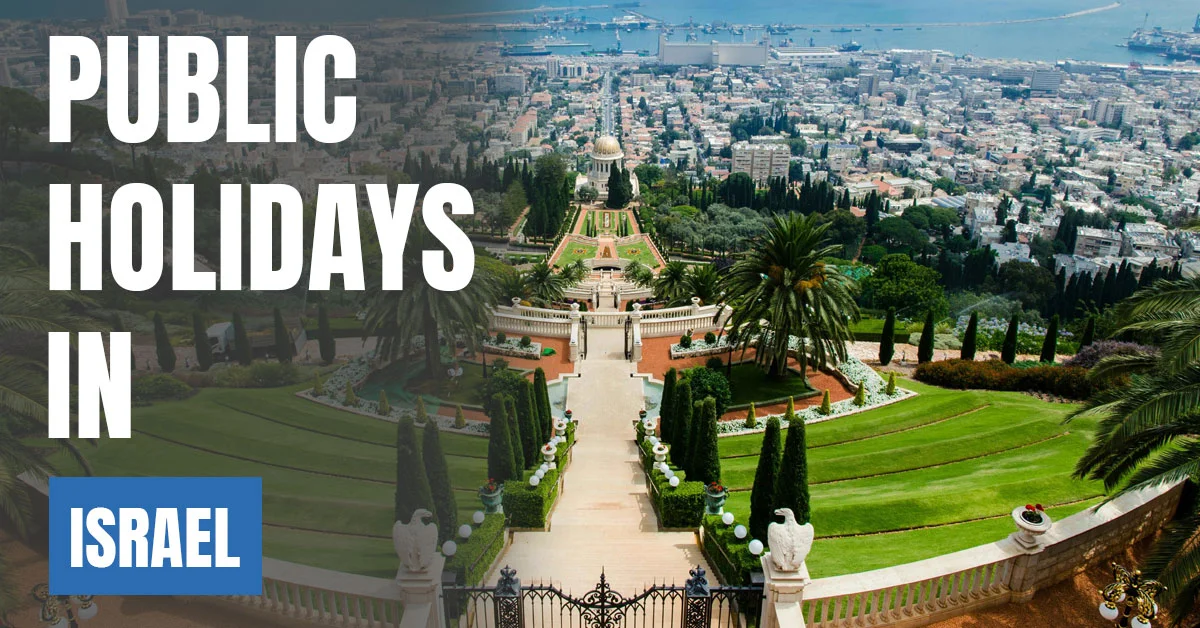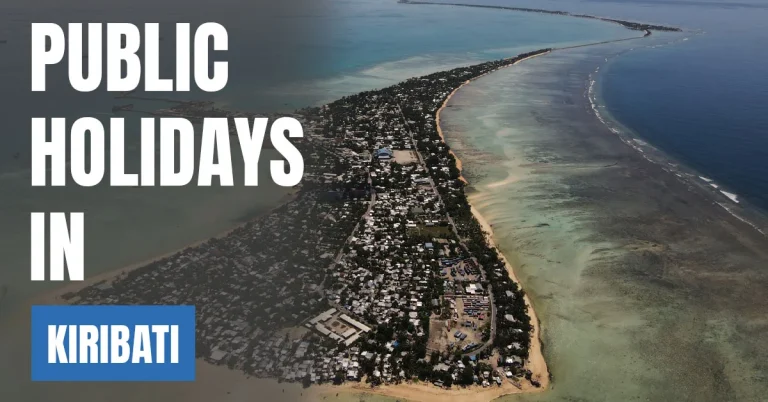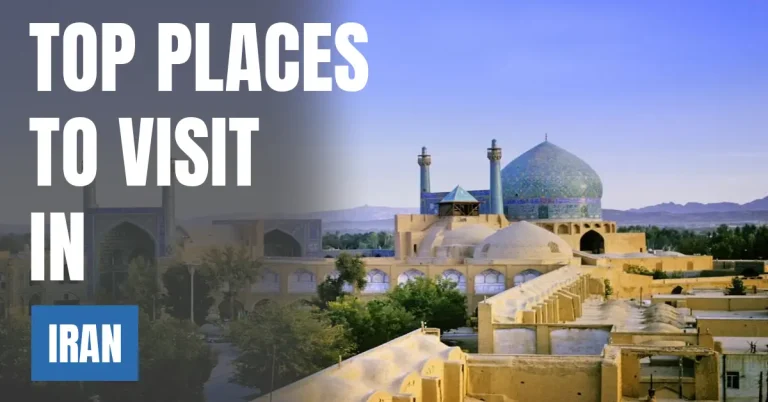Public Holidays in Israel 2026 – Jewish, National & Observance Days

Israel recognizes a mix of Jewish religious holidays, national/state holidays, and observance days. Many are determined by the Hebrew calendar, so their Gregorian dates shift each year. Some holidays are statutory days off, while others are commemorative without full closures.
Overview of Israel’s Public Holidays
Israel does not rely on a single universal “public holiday” law. Instead, major Jewish religious holidays function as national holidays, with government offices, banks, schools, and many businesses closing. Modern state holidays such as Yom HaZikaron (Memorial Day) and Yom HaAtzmaut (Independence Day) are also observed nationwide.
Key Public Holidays & Observances in Israel (2026)
| Date | Day | Holiday / Observance | Notes / Observance Type |
|---|---|---|---|
| April 2 | Thursday | Passover (Pesach, Day 1) | National holiday / Jewish festival |
| April 8 | Wednesday | Passover (Last Day) | National holiday |
| April 21 | Tuesday | Yom HaZikaron (Memorial Day) | State memorial day |
| April 22 | Wednesday | Yom HaAtzmaut (Independence Day) | National holiday |
| May 22 | Friday | Shavuot | National holiday / Jewish festival |
| September 12 | Saturday | Rosh Hashanah (Day 1) | Jewish New Year / national holiday |
| September 13 | Sunday | Rosh Hashanah (Day 2) | National holiday |
| September 21 | Monday | Yom Kippur | Day of Atonement / full closure nationwide |
| September 26 | Saturday | Sukkot (Day 1) | Festival / national holiday |
| October 3 | Saturday | Simchat Torah | Conclusion of festival cycle / national holiday |
Key Public Holidays & Observances in Israel (2025)
| Date | Day | Holiday / Observance | Notes / Observance Type |
|---|---|---|---|
| April 13 | Sunday | Passover (Pesach, Day 1) | National holiday / Jewish festival |
| April 19 | Saturday | Passover (Last Day) | National holiday |
| April 30 | Wednesday | Yom HaZikaron (Memorial Day) | State memorial day |
| May 1 | Thursday | Yom HaAtzmaut (Independence Day) | National holiday |
| June 2 | Monday | Shavuot | National holiday / Jewish festival |
| September 23 | Tuesday | Rosh Hashanah (Day 1) | Jewish New Year / national holiday |
| September 24 | Wednesday | Rosh Hashanah (Day 2) | National holiday |
| October 2 | Thursday | Yom Kippur | Day of Atonement / full closure nationwide |
| October 7 | Tuesday | Sukkot (Day 1) | Festival / national holiday |
| October 14 | Tuesday | Simchat Torah | Conclusion of festival cycle / national holiday |
Other observances include Purim, Lag BaOmer, Tu BiShvat, Yom HaAliyah, Herzl Day, Ben-Gurion Day, and fast days. These may not involve full closures across all sectors.
Notes & Observations
- Jewish holidays begin at sundown the previous evening and end after nightfall.
- The Hebrew calendar is lunisolar, so Gregorian dates shift annually.
- Major festivals bring nationwide closures; minor observances may not.
- The weekly Shabbat (Friday sunset to Saturday sunset) also results in widespread closures.
- Modern state holidays complement the religious calendar.
Frequently Asked Questions (FAQs)
How many public holidays does Israel have?
Israel has many religious and national observances each year, but only a subset are full public holidays with nationwide closures.
Are all Jewish holidays public holidays?
No. Major festivals such as Passover, Shavuot, Rosh Hashanah, Yom Kippur, and Sukkot are public holidays, while others are observed without full closures.
Do holiday dates change every year?
Yes. Most holidays follow the Hebrew lunisolar calendar, so their Gregorian dates change annually.
What are Yom HaZikaron and Yom HaAtzmaut?
Yom HaZikaron is Israel’s Memorial Day for fallen soldiers and victims of terrorism, followed immediately by Yom HaAtzmaut, Israel’s Independence Day.
Conclusion
Public holidays in Israel reflect a close intertwining of religion, national history, and modern state identity. From ancient biblical festivals to contemporary national commemorations, these dates shape the social and civic rhythm of the country.
Also Explore: Public Holidays in Ireland






